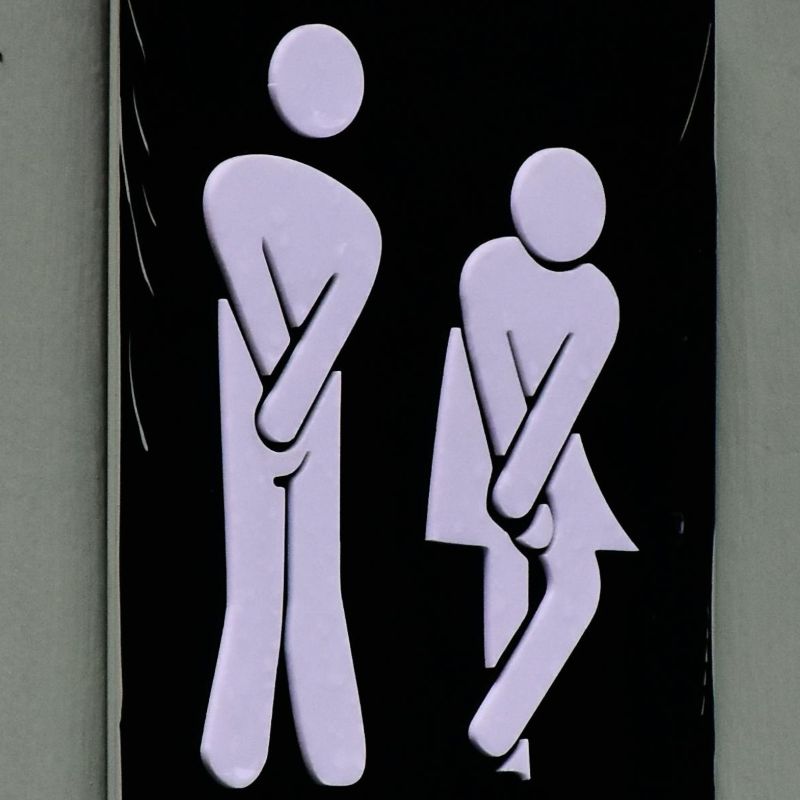By Paul Bickmore.
Imagine waking up on a normal Tuesday, stepping out for a coffee, and realising there’s nowhere you can safely use the loo. Not the women’s room, because on paper you “don’t pass,” and not the men’s room, because you’ll be accused of intrusion. This isn’t a dystopian novel—it’s the very real fallout of the UK Supreme Court’s recent decision.
Fundamentally, the Court has handed everyone a licence to decide who “counts” as a woman based purely on looks—a visual pass‑fail test for womanhood. And that licence isn’t some harmless paperwork; it forces institutions to police appearances rather than protect dignity.
For transgender people, the message is clear: stay home or face public humiliation. Local cafés, cinemas and shopping centres suddenly become minefields of fear, because there may be no loo they can use without challenge. But it’s not only trans people who suffer. Under this ruling, any woman who fails to meet some narrow stereotype—short hair, deep voice, more athletic build—can be “called out” and told she doesn’t belong.
That’s why this is bad for all women. We have always understood that sex‑segregated spaces were about privacy and safety; now those same spaces will be governed by arbitrary visual checks. Your rights to simple daily needs—changing rooms, toilets, hospital wards—are suddenly up for public vote on the basis of who looks “woman enough.”
Reform UK’s local branch crowing that “the decision is common sense” only underscores how cheaply some will trade our shared humanity for culture‑war points. It’s quintessential Reform UK—an organisation with division as a cornerstone, carving society into “us versus them,” and counting on outrage to distract from every other pressing issue.
And to those who sniff that “demanding access to female‑only areas was a step too far,” remember this: every liberty we cherish was won by someone challenging the status quo. If today we muzzle trans people, tomorrow it could be you or me—anyone who doesn’t fit the mould.
This ruling isn’t a tidy legal clarification; it’s an abdication of responsibility. It undermines the very principle of fairness by rewarding the loudest critics of difference and consigning the most vulnerable to isolation. A society built on compassion would recognise that identity isn’t a list of body parts and that safety comes from inclusion, not exclusion.
We deserve better than a world where a quick glance is enough to deny us a toilet, a changing room, or even our place in public life. Until Parliament moves to restore protections grounded in lived reality, every woman—cis or trans—will find herself at risk of being judged, shamed, or locked out. And that, surely, is neither common sense nor justice.
- In Common is not for profit. We rely on donations from readers to keep the site running. Could you help to support us for as little as 25p a week? Please help us to carry on offering independent grass roots media. Visit: https://www.patreon.com/incommonsoton

